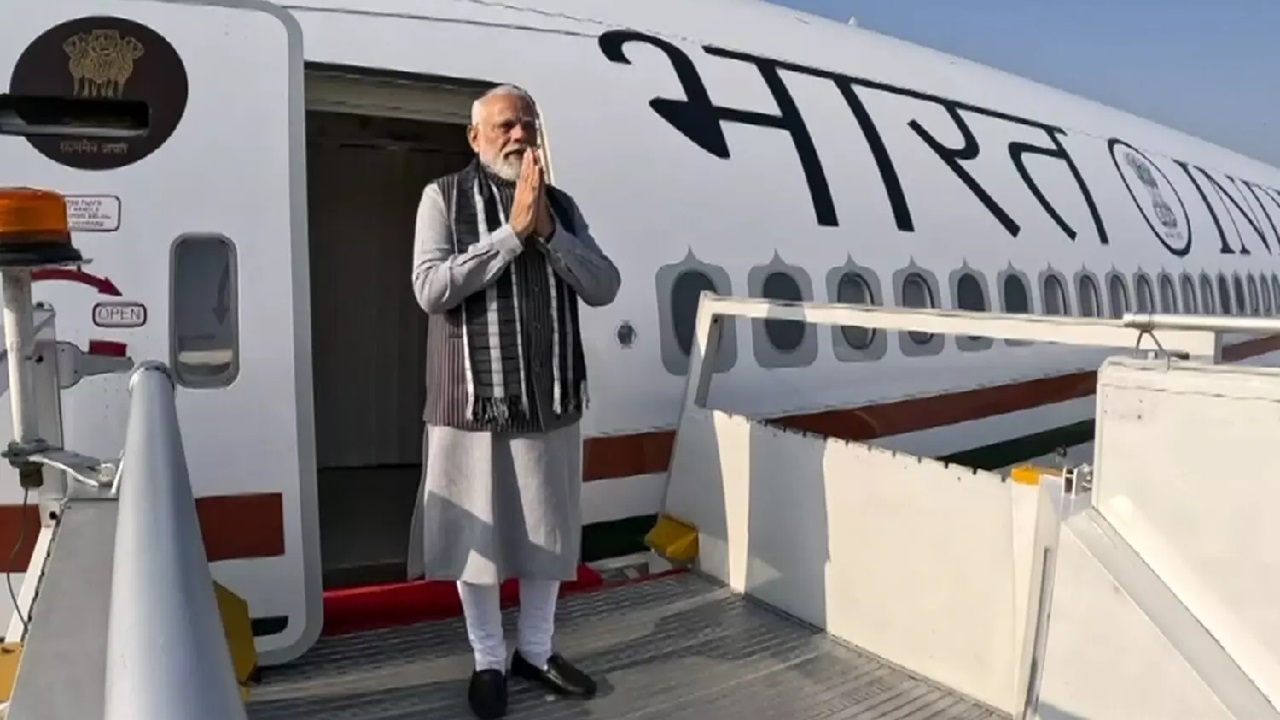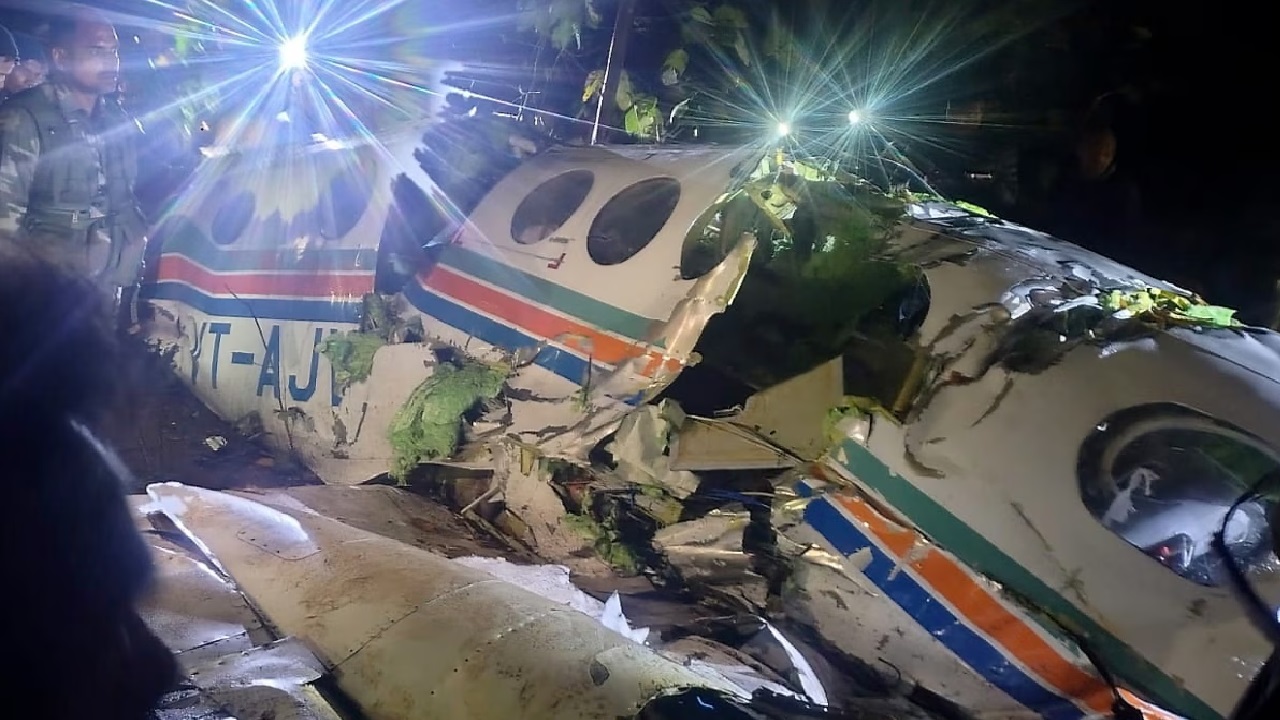A recent report has revealed a troubling trend in India: the rate of student suicides is growing at an alarming pace, outstripping both the national population growth rate and overall suicide trends. The report, titled “Student Suicides: An Epidemic Sweeping India,” was released at the Annual IC3 Conference and Expo 2024 and draws on data from the National Crime Records Bureau (NCRB).
Sharp Rise in Student Suicides
The report highlights that while the overall suicide rate in India has increased by 2% annually, student suicides have surged at a much higher rate of 4% per year over the past two decades. This increase is particularly concerning given the likelihood of significant underreporting due to social stigma and legal repercussions associated with suicide attempts.
In 2022, male students accounted for 53% of all student suicides, although the number of male suicides decreased by 6% between 2021 and 2022. In contrast, suicides among female students rose by 7% during the same period. Over the last decade, the total number of student suicides doubled from 6,654 to 13,044, despite a slight decline in the population of 0-24-year-olds from 582 million to 581 million.
Geographic and Societal Trends
The report identifies Maharashtra, Tamil Nadu, and Madhya Pradesh as the states with the highest numbers of student suicides, collectively contributing to one-third of the national total. Southern states and union territories account for 29% of these cases, while Rajasthan, particularly the coaching hub of Kota, ranks 10th due to its high-pressure academic environment.
The data collected by the NCRB is based on police-recorded First Information Reports (FIRs), but the report acknowledges that actual figures are likely higher. Factors such as social stigma surrounding suicide, the criminalisation of attempted suicide under Section 309 of the Indian Penal Code, and inadequate data collection systems contribute to underreporting. Although the 2017 Mental Healthcare Act decriminalises suicide attempts for individuals with mental illnesses, the lingering effects of criminalisation still impact reporting practices, particularly in rural areas where data collection is less consistent.
Call for Systemic Changes in Education
Ganesh Kohli, the founder of the IC3 Movement, emphasised the need for systemic changes within educational institutions to address the mental health crisis. He called for a shift in educational focus from intense competition to fostering overall well-being and competency development among students.
“Our educational focus must shift to fostering the competencies of our learners in a way that supports their overall well-being, instead of pushing them to compete against one another,” Kohli said. He advocated for establishing a comprehensive career and college counselling system within each institution and integrating it seamlessly into the curriculum.
A Growing Crisis
The report also highlighted a significant rise in student suicides over the past decade, with male suicides increasing by 50% and female suicides by 61%. Both genders have experienced an average annual increase of 5% in suicides over the last five years. These alarming statistics underscore the urgent need for enhanced counselling infrastructure and a deeper understanding of student aspirations.
The IC3 Institute, a volunteer-based organisation supporting high schools worldwide with guidance and training resources, compiled the report to highlight the critical gaps in India’s education system. It calls for immediate action to shift the focus from competitive pressures to nurturing core competencies and well-being, providing better support to students and preventing such tragedies.
Addressing these gaps, the report stresses, is essential to reducing the psychological burden on students, enabling them to thrive in a more supportive and understanding educational environment.
(With inputs from agencies)








